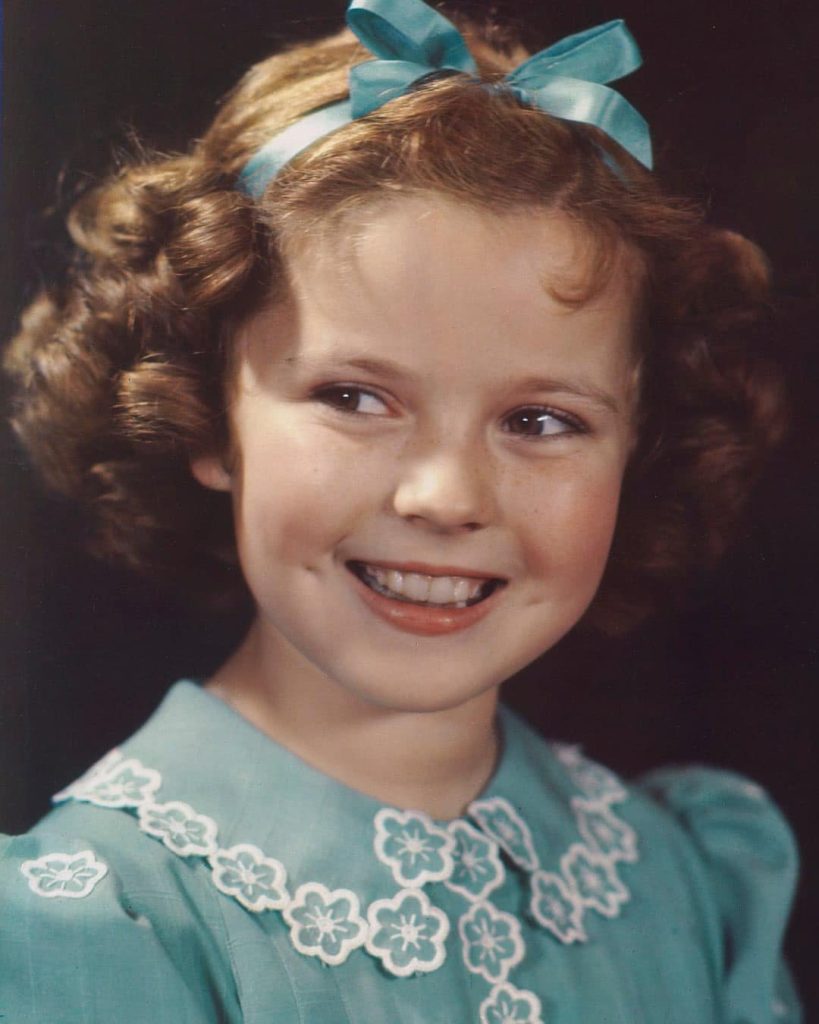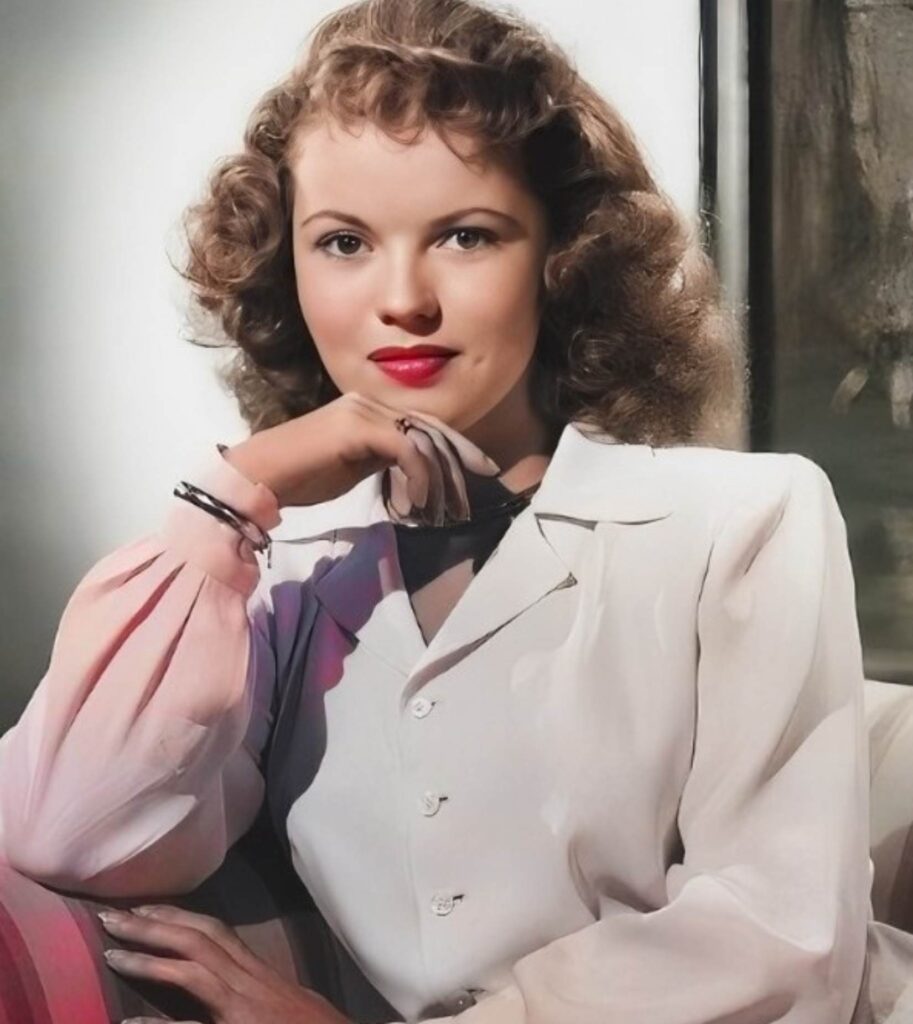Shirley Temple, a beloved and iconic child star, made an incredible 29 films by the time she reached the age of 10. However, her life in the limelight was not without its challenges.
Despite her immense success and popularity, Shirley Temple faced a range of adversities during her time in the spotlight. She was subjected to long working hours, death threats, and inappropriate advances, all while navigating the complexities of her budding fame. Remarkably, Shirley retired from her acting career at the young age of 22, having amassed a fortune that was ultimately reduced to just $40,000.
Shirley Temple’s experiences serve as a poignant reminder of the sacrifices and difficulties that can come with early success and celebrity. In a humorous anecdote, she recounted stopping her belief in Santa Claus at the age of six, after the jolly figure himself requested her autograph, underscoring the unique pressures she faced as a child star.

Starting dance lessons at 3, Shirley appeared in Baby Burlesks, short films she later criticized for exploiting children’s innocence. On set, misbehaving led to sitting on a block of ice in a locked booth, teaching her the value of time and money.
At 6, Shirley became famous for singing “On the Good Ship Lollipop” in Bright Eyes. Her son, Charles Black Jr., credited her films’ charm and family values for their popularity. Her mother, Gertrude, was very protective, restricting Shirley’s playmates to avoid illness and maintain social standards.
Studio parties for Shirley’s April 23 birthday were publicity stunts, with most gifts going to charity. After the 1932 Lindbergh kidnapping, Shirley received death threats, leading her parents to enhance security and her father to carry a gun.
A frightening incident in 1939 involved a woman aiming a handgun at Shirley during a promotion for The Blue Bird, believing Shirley had stolen her daughter’s soul. Thankfully, the woman was subdued.

Despite her success, Shirley was let go by Fox Studios in 1941 due to declining ticket sales. MGM picked up her contract but exposed her to inappropriate behavior from producer Arthur Freed. Earning $10,000 a week at her peak, Shirley retired with only $40,000 due to her father’s poor investments. Shirley didn’t blame him, believing he was badly advised.
Shirley’s resilience shone through. Her second marriage to Charles Black was happy, and she had a successful second career as an American diplomat. Reflecting on her life, Shirley said, “I’ve led three lives: acting, wife and mother, and international relations. I’m proud of all three careers.”